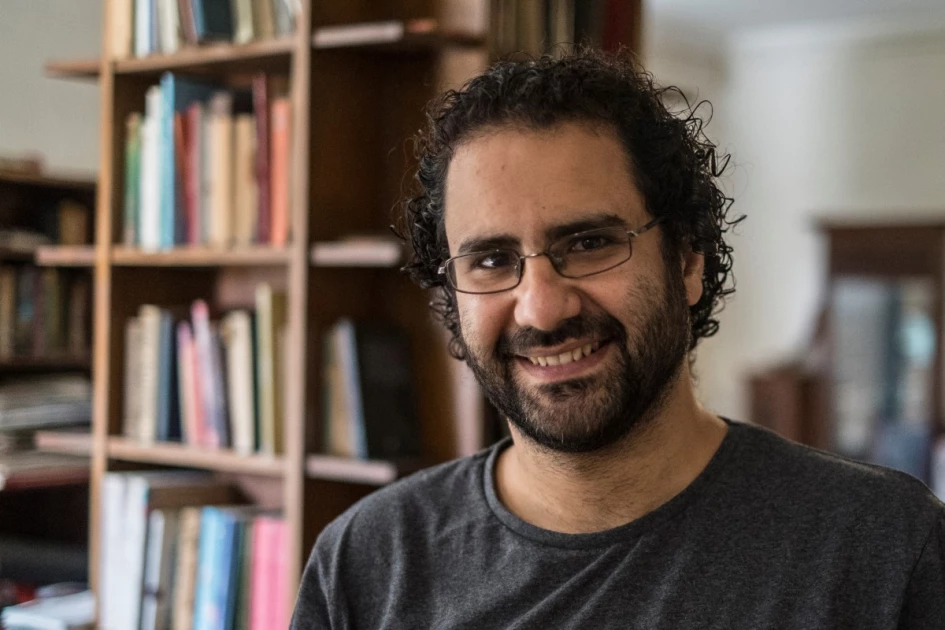CAIRO – Egyptian President Abdel Fattah al-Sisi on Monday granted a presidential pardon to Alaa Abdel Fattah, one of Egypt’s most prominent pro-democracy activists and bloggers, ending years of imprisonment that had become a focal point for international human rights advocacy.
The 43-year-old British-Egyptian dual national, once a leading figure in Egypt’s 2011 revolution, was pardoned alongside five other detainees after the president “took constitutional and legal procedures in this regard,” according to state-linked Al-Qahera News.
Abdel Fattah had been detained multiple times under successive governments. His latest arrest came in 2019, and in December 2021, he was sentenced to five years in prison for allegedly “spreading false news” after posting about torture in Egyptian prisons on Facebook. Authorities had refused to count his pre-trial detention toward his sentence, which was due to end in September 2024.
His release marks the end of a long ordeal for his family. Abdel Fattah’s mother, academic and activist Laila Soueif, had recently ended a 10-month hunger strike calling for his freedom. Alaa himself had been on hunger strike since early September, following a partial strike that began in March.
“President Sisi has pardoned my brother! Mum & I are heading to the prison now to find out when he will be released,” wrote his sister Sanaa Seif on X (formerly Twitter). His other sister, Mona Seif, said: “My heart is going to stop.”
Tarek al-Awady, a member of the Presidential Pardons Committee, confirmed that all necessary procedures had been finalized and that Abdel Fattah would be released directly from Wadi al-Natrun Prison, one of Egypt’s largest prison complexes.
The pardon follows a petition by the National Council for Human Rights, a Cairo criminal court decision removing Abdel Fattah from the national terrorism list, and months of lobbying by the British government and international human rights bodies.
In May, a United Nations panel declared his detention arbitrary and illegal, calling for his immediate release. UN Human Rights Chief Volker Turk had also urged Egypt to end the practice of “rotation” — a system in which detainees face new charges as their remand periods end, prolonging imprisonment indefinitely.
Since 2022, Sisi’s government has pardoned hundreds of detainees, including lawyer Mohamed al-Baqer, but rights groups say thousands more remain behind bars for political dissent. Human rights advocates welcomed Abdel Fattah’s pardon but stressed that it should mark the beginning of a broader effort to release prisoners of conscience and end arbitrary detention practices.
For now, Alaa’s family and supporters are celebrating his imminent freedom, calling it a rare victory in Egypt’s shrinking civic space.



